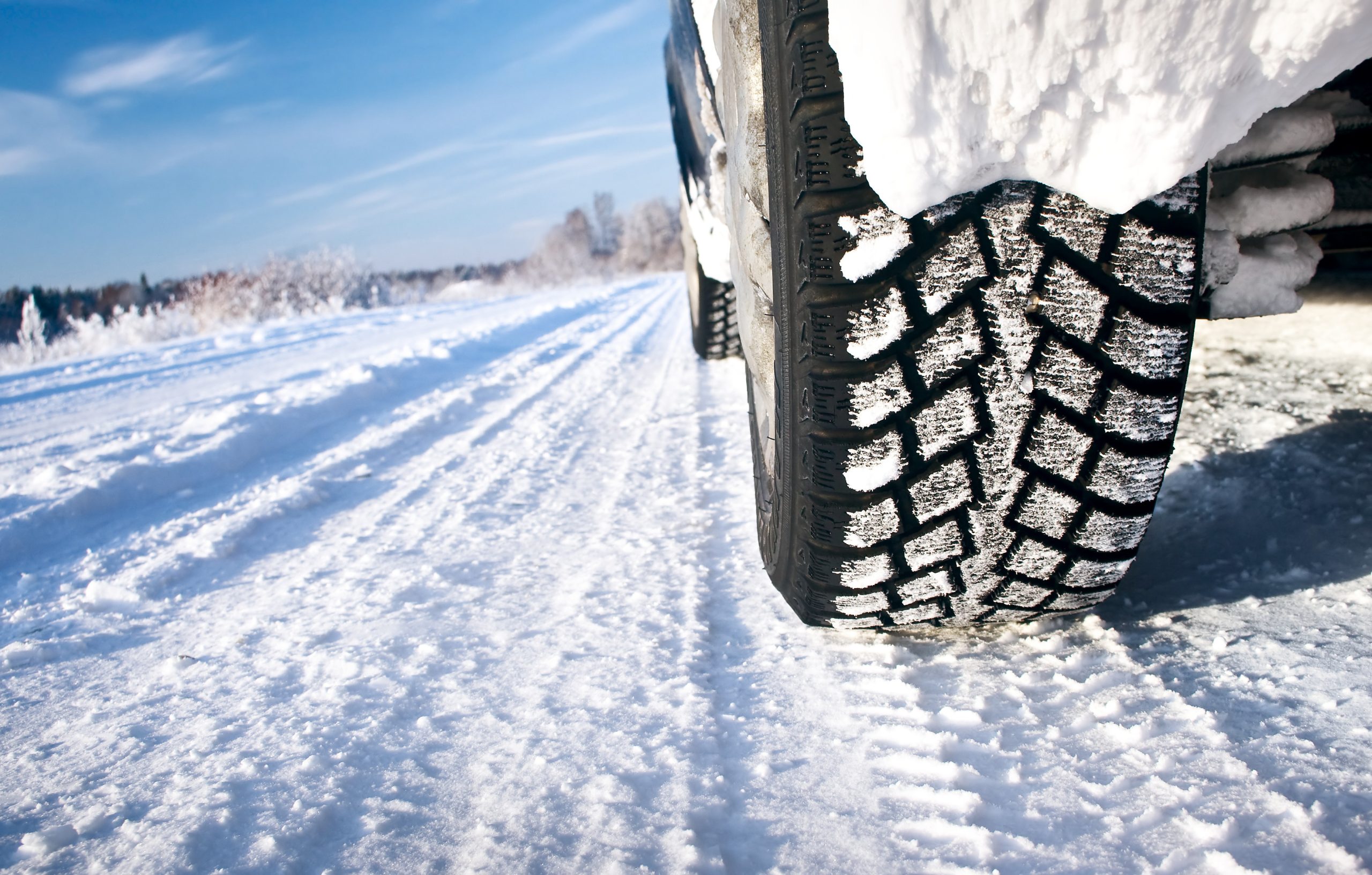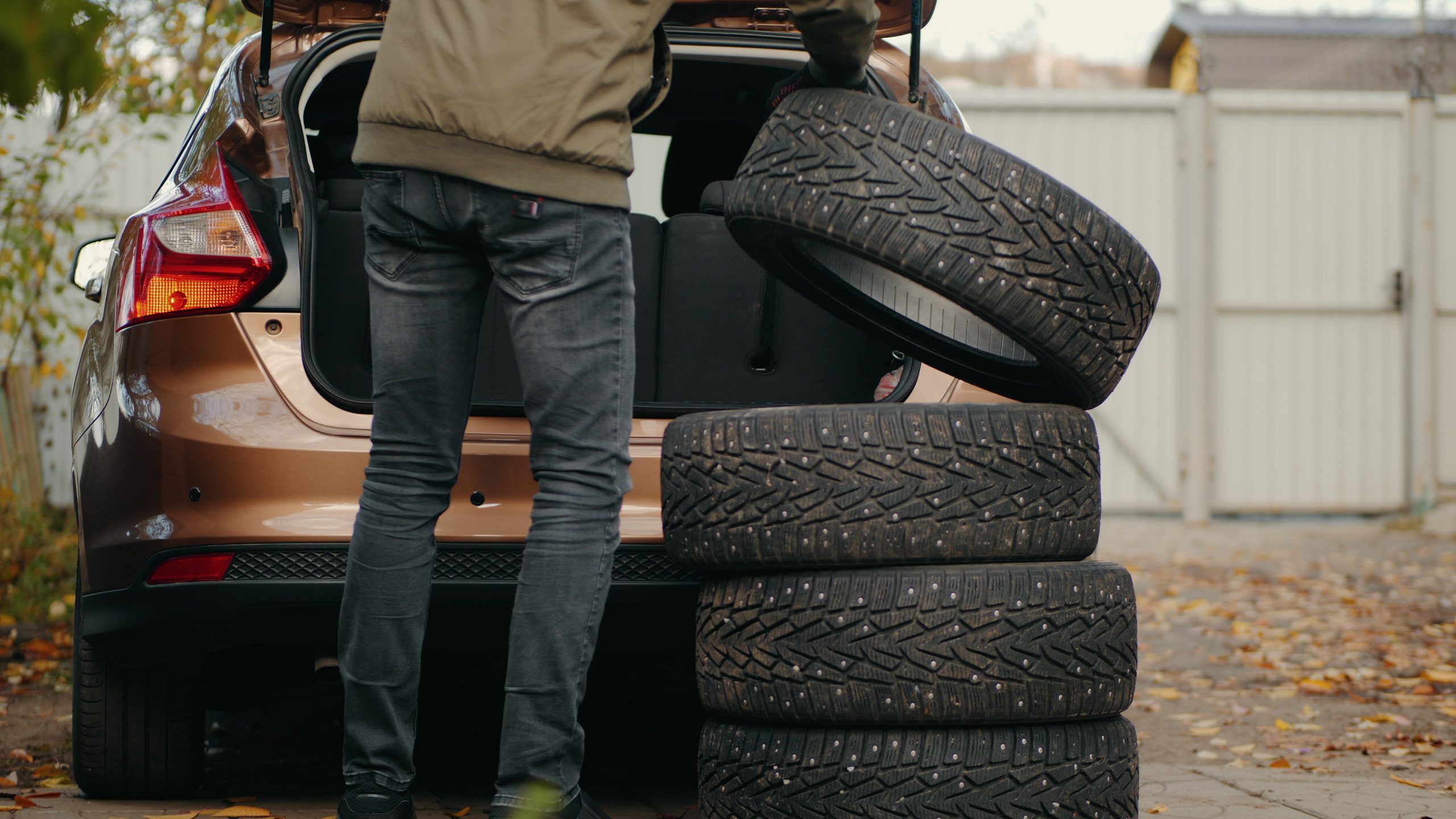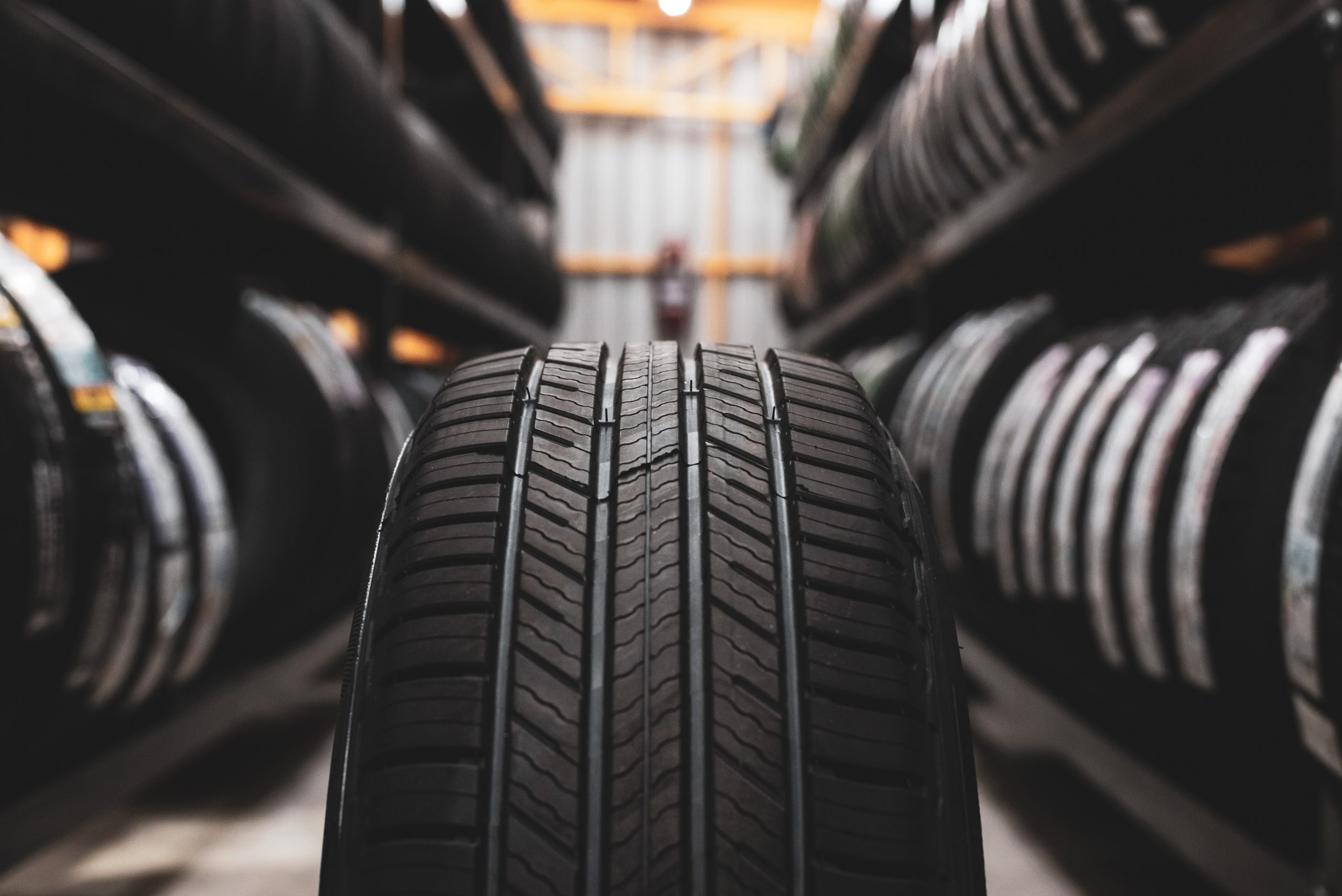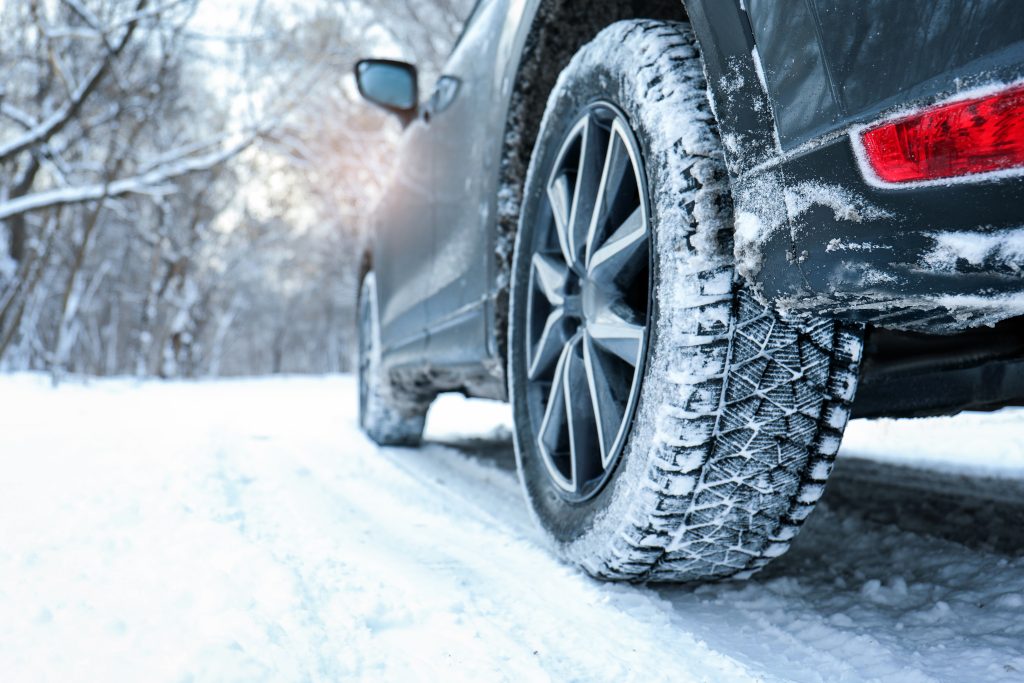Winter is coming soon, which means snowy roads, slippery spots, and the need for reliable winter tires. If you live in a place with really harsh winters, like Canada, you’re probably no stranger to winter tires.
Or, if you’re new to deep snow areas or want to improve your winter driving skills, you’re in the right place. In this guide, we’ll tell you everything you need to know about winter tires, including the best way to store them, and whether or not you should buy used ones.
How Winter Tires Work?
Before we get into it, let’s quickly touch on the science behind winter tires. Specially designed winter tires tackle the challenges of cold weather like champions. Winter tires have a special rubber compound that remains pliable even when the temperature drops, providing better traction on icy surfaces.
They also feature a unique tread pattern with grooves and sipes that bite into the snow, effectively gripping the road and reducing the chances of slipping and sliding. It’s like giving your car a pair of snow boots that are ready to dance their way through winter wonderlands.
What Winter Tires Do I Need?

Choosing the right winter tires can be a tiresome process, but at Top Grade Tire our expert advice makes it easy. Look for the mountain and snowflake symbol on the tire sidewall to know if it meets the standards for winter performance.
The winter tire you need depends on your vehicle, driving habits, and how severe the winter is in your area. If you live in Northern Canada, you should think about getting the best winter tires made for arctic-like Canadian winters.
Do I Need Winter Tires in Kelowna?
If you live in Kelowna, British Columbia, you might be wondering whether winter tires are truly necessary. While Kelowna doesn’t experience the bone-chilling temperatures of the far north, it’s no stranger to snowfall.
Having winter tires can make a noticeable difference in your vehicle’s performance and your overall safety on the road. Most routes in British Columbia require winter tires or chains from October 1 to April 30. So, if you don’t want a hefty fine, make sure you have your tires changed in season.
What is the Best Month to Buy Winter Tires?

Timing is everything when buying winter tires. The best time to snag a deal on winter tires is typically in the fall – around September or October. This is when demand hasn’t peaked yet, and retailers are looking to clear out last year’s inventory.
You’ll likely find better prices and a wider selection during this sweet spot. Remember, you’re not just buying tires; you’re investing in your safety during the cold months. So, consider getting yours at Top Grade Tire today!
Should I Buy Used Winter Tires?
Used tires will save you $100s compared to new tires. There are a few things to consider when buying second-hand winter tires.
Make sure to inspect them for signs of wear and damage. You should check the tread depth and aim for a minimum of 6/32 inches for adequate winter performance. Also, look for uneven wear patterns, cuts, or bulges that could indicate underlying issues.
At Top Grade Tire, we specialize in used tires. Our used tires are of high quality and have up to 90% tread life remaining. We offer these tires at a discounted price, up to 55% off the retail price.
Best Way to Store Tires

Now that we’ve got the tire-buying part covered, let’s move on to their storage. Properly storing your winter tires during the off-season can extend their lifespan and maintain their performance. Here are some tips to keep those tires in tip-top shape:
- Clean and Dry: Before storing your tires, make sure they’re clean and dry. A quick rinse will do wonders to remove any road grime or salt that could corrode the rubber.
- Temperature Matters: Store your tires in a cool, dry place away from direct sunlight and extreme temperature fluctuations. A basement or a garage works great.
- Vertical or Horizontal: If possible, store your tires vertically to avoid putting too much pressure on the sidewalls. If vertical storage isn’t an option, rotate them every few weeks to prevent flat spots.
If you don’t have space to store your tires, you can bring them to us! At Top Grade Tire, we can resell your tires if they are in good condition, or recycle them so that they won’t damage the environment.
Can I Use Winter Tires in Summer?
As much as you’d like to maximize your investment, using winter tires in the summer isn’t the best idea. The rubber compounds and tread patterns that make winter tires excel in cold conditions can actually hinder their performance in warmer weather. Winter tires might feel a bit squishy in the summer heat, affecting your handling and braking capabilities. It’s better to use summer or all-season tires instead of snow tires when the sun is out.
So, there you have it – a complete guide to winter tires that’ll have you navigating the winter wonderland like a pro. From understanding how they work to finding the best time to buy and even contemplating the used vs. new dilemma, you’re armed with the knowledge to make informed decisions. Remember, winter tires aren’t just accessories; they’re your trusty companions on the icy road of winter. Drive safe, stay warm, and enjoy the snowy season to the fullest!

